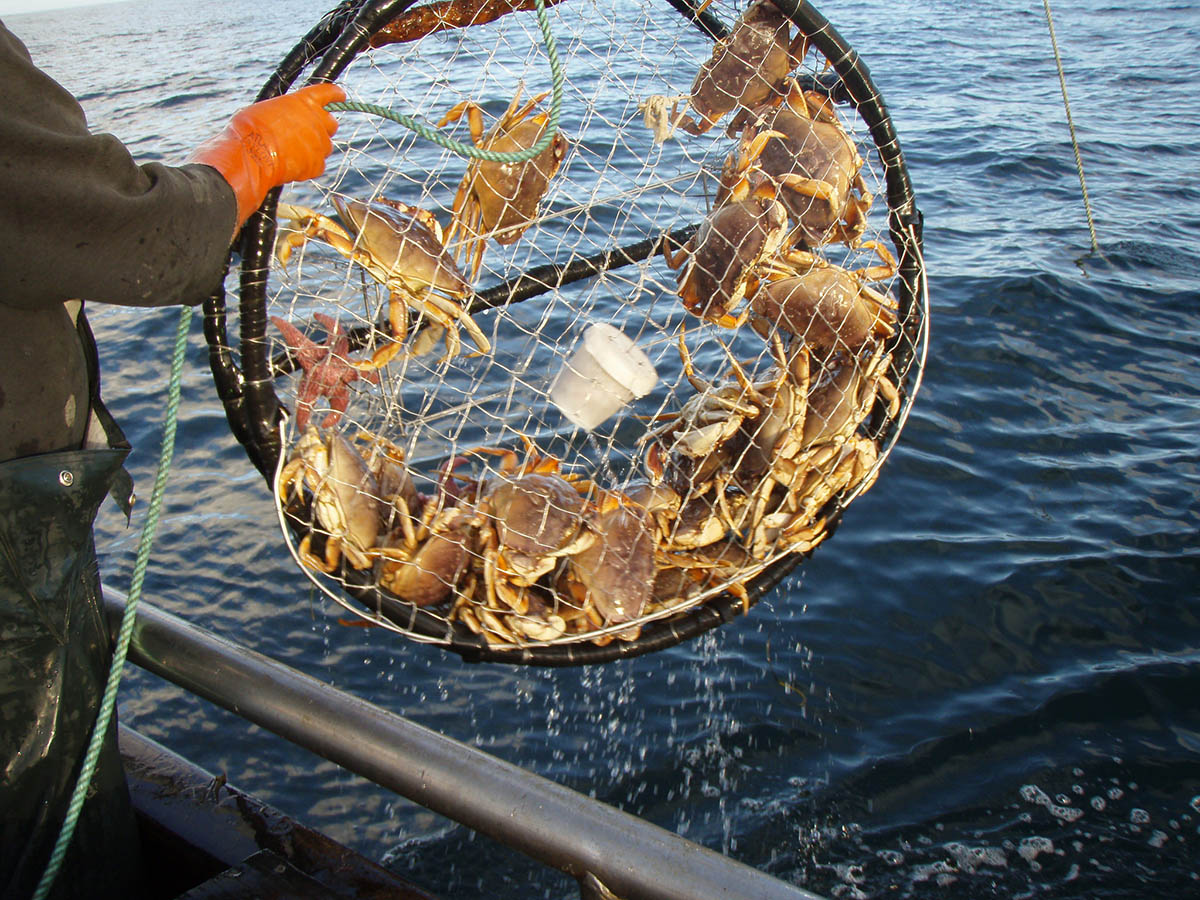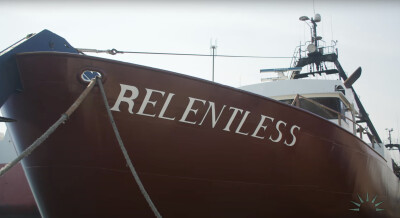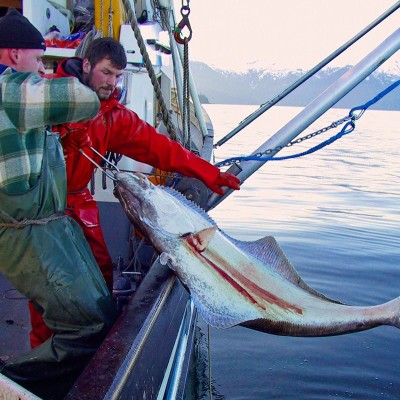Proposed rule changes for commercial Dungeness crab fishing in California are being criticized by both fishermen and environmental activists, with captains saying the plan overreacts to the hazard of whale and sea turtle entanglements in gear.
“The consensus among industry is the proposed regulations constitute an existential threat to our livelihoods, and in fact the continuation of the entire West Coast commercial fishing industry,” said Ben Platt, president of the California Coastal Crab Association, during a June 29 online public hearing on the state’s Risk Assessment and Mitigation Program.
“Humpback whales, the only species listed under ESA (Endangered Species Act) which has any actual co-occurrence with the fishery, is a thriving and robust population growing at a rate of 8-10 percent a year. The rare interaction with commercial Dungeness crab gear also rarely results in serious injury and has zero impact on the health of the species,” said Platt. “The proposed RAMP rules should be seriously reconsidered to more genuinely reflect the negligible impact of the fishery, its cultural and economic importance to our coastal communities and the devastating potential consequences of its implementation.”
The Center for Biological Diversity submitted its own comments insisting the rule doesn’t do enough to promote the use of ropeless crab traps. Dungeness crabbers have worked with the environmental group Oceana to experiment with different pop-up systems that release floats or buoys to retrieve gear without vertical lines that hand in the water column, but with mixed results so far.
“Converting to ropeless gear is the only way to truly eliminate the entanglement threat to endangered whales and sea turtles,” said Kristen Monsell, the Center’s oceans legal director, in a statement about the rule change. “It’s good to see California officials finally getting serious about preventing these whale entanglements. But this rule fails to end the threat to endangered marine life.”
“Crabbers need better incentives to convert to ropeless traps, including the right to use them all season,” Monsell said. “The crabbing industry lost thousands of traps in the recent fire at Pier 45 in San Francisco. California should help replace them with new traps that don’t endanger whales.”
The center says it filed suit to compel change because of escalating whale entanglements, peaking at 71 incidents in 2016. ”Of the 29 cases where the gear could be identified, 22 were commercial Dungeness crab gear,” according to the center.
Platt of the crab association says the state’s calculation of the risk unfairly penalizes fishermen.
“It simply isn’t true that 50 percent of all unknown gear interactions are attributable to commercial gear and, in fact, commercial gear will be easily eliminated as a source of the unknown gear in most of those instances,” Platt said in his testimony to the agency. “We also encourage the department to improve the gear marking regulations to require that commercial crab lines, in addition to buoys, be marked, because this would effectively eliminate commercial gear as a source of all unknown entanglements.”
Among the crabbers’ other objections are that season delays and closures could be triggered “from data being ‘unavailable.’”
“The future existence of California’s most economically important fishery – and the livelihoods of the many families that rely upon it – can simply not hinge on a state agency’s ability to collect data, particularly in light of that agency’s demonstrated failure to diligently do so,” said Platt. “The regulations must require the department to collect the necessary data. And if the data aren’t collected, then the default should be that the fishery opens, with non-closure management actions if actually necessary.”







